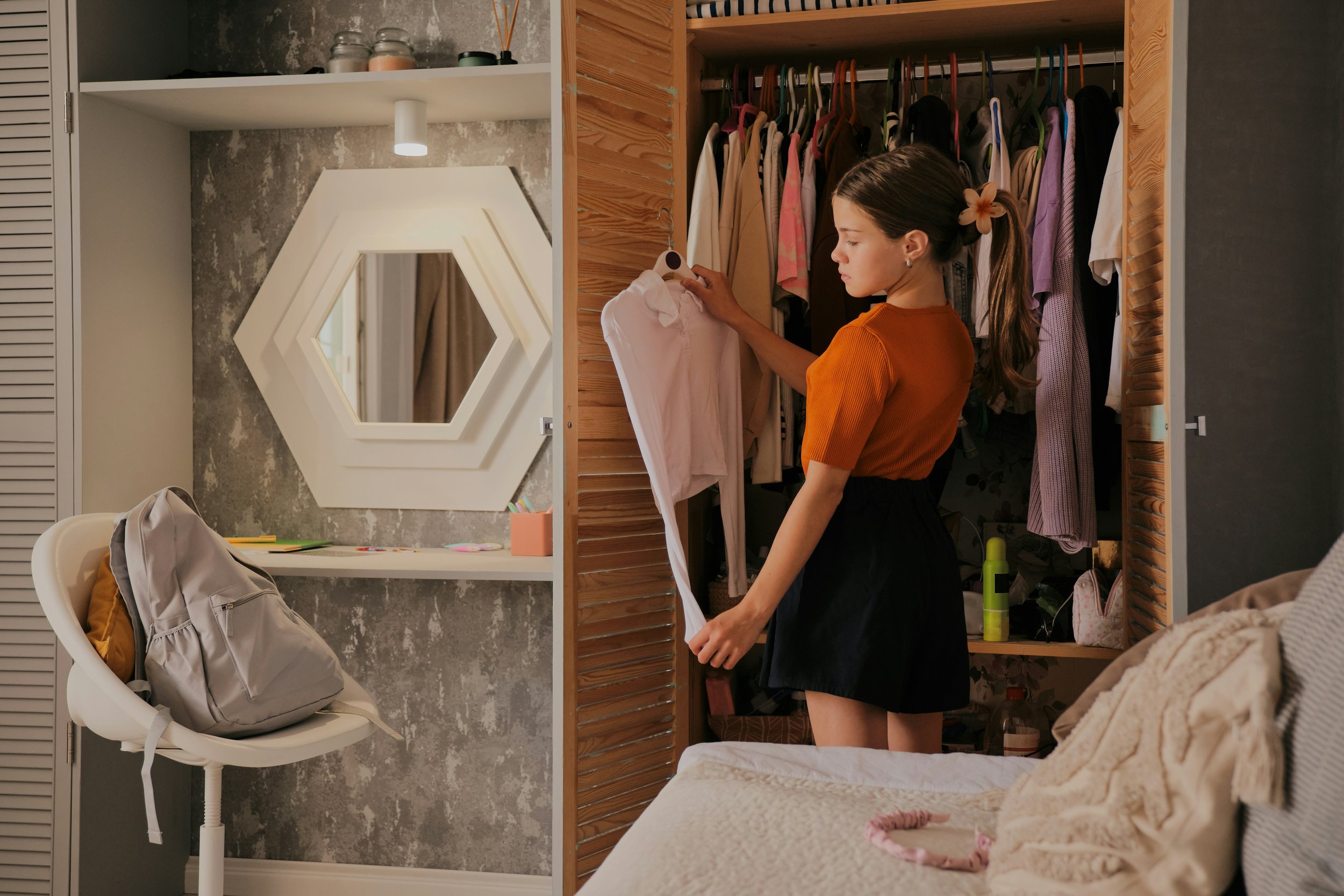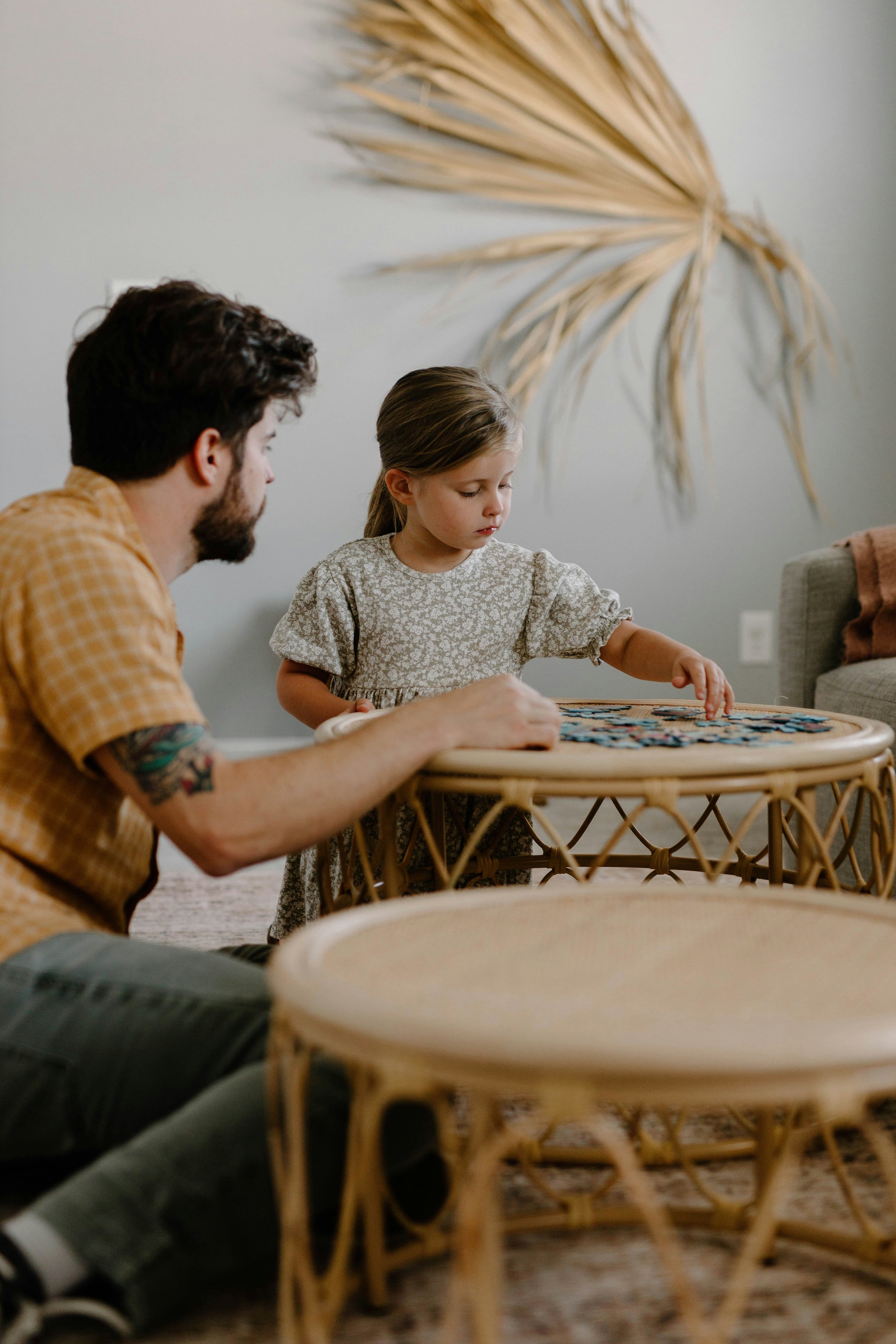You’re Not Just Raising a Child, You’re Shaping an Adult
There are days when parenting feels like survival mode. You’re not pondering long-term development, you’re just trying to get through the bedtime routine without losing your mind. And in those moments, it’s easy to forget the bigger picture: you’re not just raising a child—you’re shaping a future adult.
Every eye roll, every “but why,” every meltdown is more than a behaviour to manage. It’s a moment that offers you the chance to either react or connect—to build something deeper than compliance: identity, safety, and trust.
What you say becomes who they believe they are
From a psychological standpoint, the way we speak to our children forms the foundation of their inner voice—the beliefs they carry about themselves into adolescence and adulthood. Statements like:
“You’re always so dramatic”
“Why can’t you be more like your brother?”
“You’re so clever and capable. I love how hard you tried.”
Each of these phrases builds or chips away at their sense of self. Research in developmental psychology shows that early relational experiences are internalised, becoming the lens through which children interpret the world—and themselves.
As Dr. Dan Siegel and Dr. Tina Payne Bryson write in The Whole-Brain Child,
“Your child’s brain is being wired every day—not just by what they experience, but by how you respond to what they experience.”
The long game: Raising values, not just obedience
It's tempting to aim for short-term compliance, because let’s be honest, it's easier when kids just “do what they're told.” But the real goal of parenting isn’t blind obedience, it’s internal values that guide decisions even when you’re not in the room.
That shift—from managing behaviour to mentoring character—means asking questions like:
What am I modelling in this moment?
How am I helping them understand empathy, respect, or responsibility?
Is this correction about my comfort—or their growth?
A 2019 study published in Child Development found that parents who used reasoning and emotional coaching techniques (rather than punishment alone) raised children who were more empathetic, prosocial, and resilient over time.
These are the qualities that carry into adulthood, not just good behaviour, but good judgment.
Micro-moments that matter more than you think
You don’t need grand gestures to shape your child’s sense of security. It happens in the small, ordinary, repetitive moments:
Taking a breath instead of snapping back.
Saying, “I see you’re upset. I’m here when you’re ready.”
Letting them help make dinner, even when it’s messier.
Offering a hug before offering advice.
These moments are what attachment theorists call "emotionally available caregiving", the kind of presence that creates safety. According to the Harvard Center on the Developing Child, consistent, responsive caregiving in early years lays the groundwork for better stress regulation, social connection, and mental health later in life.
What attachment theory teaches us
The concept of secure attachment doesn’t mean you never lose your temper or always say the perfect thing. It means your child trusts that:
You are a safe base to return to.
You will repair after conflict.
Your love isn’t withdrawn when they struggle.
Attachment is less about avoiding rupture and more about being willing to repair. As Dr. Sue Johnson puts it, “We are wired for connection, and when that connection is restored, even after failure, it becomes even stronger.”
You’re not just managing a child’s behaviour. You’re helping form an adult’s identity. And that work, quiet, messy, and sacred, is some of the most important work in the world.
Sabrina is a registered psychologist with over 15 years of experience working with families, children, and adolescents.
Based in Brisbane, Queensland, Sabrina offers face-to-face appointments or Telehealth.
To make an appointment click here or call M1 Psychology Loganholme on (07) 3067 9129.
Disclaimer: The information provided on this site is for psycho-educational purposes only and is not meant as a substitute for therapy, counselling, or medical care. If you require personal mental health support, please consult a professional. In case of a crisis, contact emergency services immediately.






















